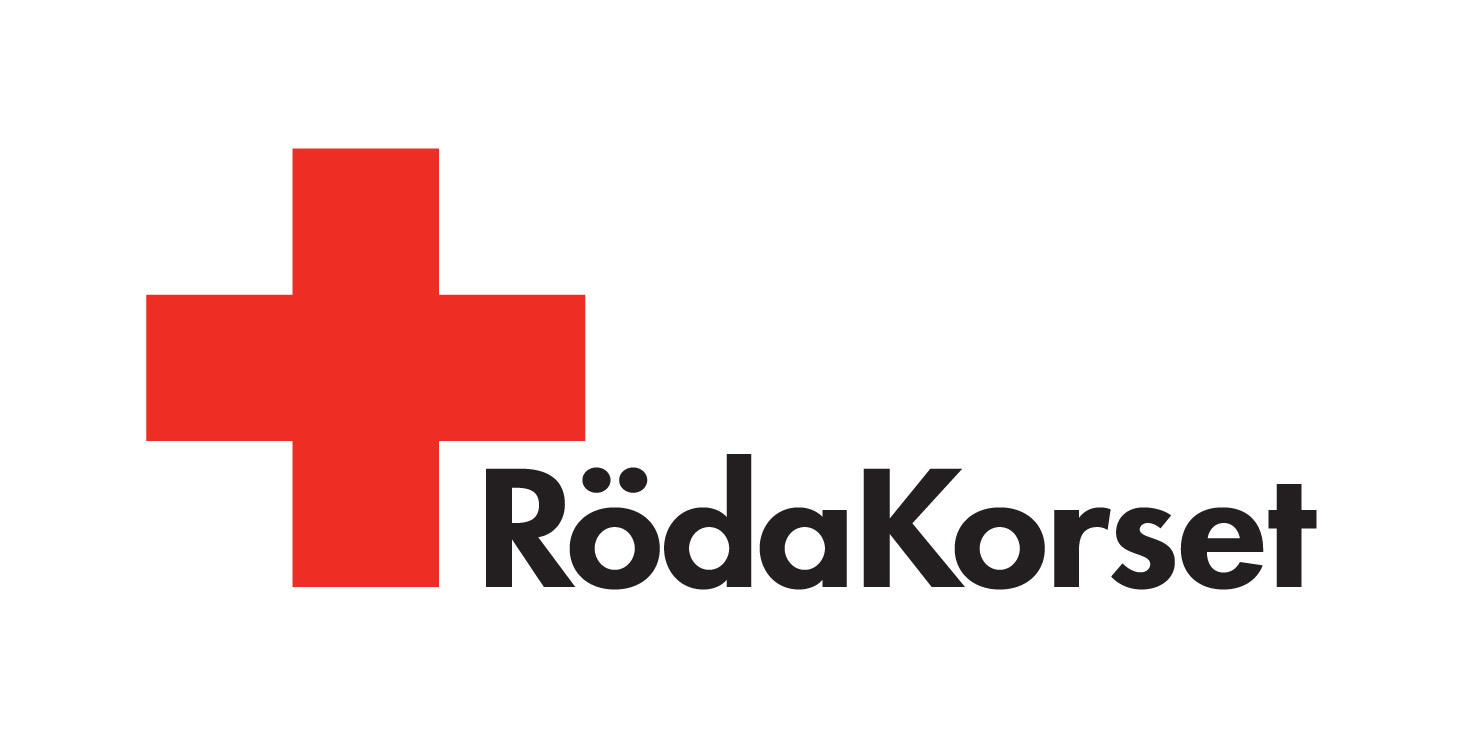
Easier planning and better analysis at all levels for the University of Stockholm
Since Mercur was introduced, Stockholm University has had a joint solution for all budgeting, forecasting, reporting and analysis for the university’s 270 users. Mercur is used by the central finance department, and also primarily by financial administrators in departments and by the university’s faculty controllers.
Different models, solutions and working methods led to a lack of overview of the business
Before the introduction of Mercur at Stockholm University, previous solutions for planning and follow-up varied greatly because the heads of the institutions, ie. the prefects and their financial managers had developed their models for their governance.
There was no common way of working and no common solution for planning and follow-up, which in turn made it difficult for the faculty controllers responsible for many institutions to get an overall overview of the business.
The higher up in the organization you got, the harder it became to get a consolidated picture of the business. Many reports and budgets from different parts of the organization were not comparable.
At the same time, it was not easy to explain the added value of common tools and solutions for employees whose main focus is education and research in their specialist areas. Therefore, a system that was easy to understand and which brought tangible benefits to the organization was needed.
Previously, a controller at the Faculty of Humanities, for example, could spend several days a month compiling their institutions and obtaining a deviation report, which is now done at the touch of a button.
Stockholms University
The choice became Mercur
When Stockholm University found that they needed a common system, the procurement followed the usual steps of specification of requirements, evaluation of alternative suppliers and decisions. It was felt that Mercur could best handle requirements and wishes and that the solution also stayed within the established cost framework.
A common solution for common working methods
Since Mercur was introduced a few years ago, it now has a common solution for all budgeting, forecasting, reporting and analysis for the University's 270 users. In addition to the central finance function, Mercur is mainly used by finance administrators at the institutions and by the university's faculty controllers.
Through connections to the financial system, the payroll system and the plant register, users have all the information they need for planning and monitoring. This means, for example, that users only need to supplement with staff changes and new investments when budgeting.
Something that is also appreciated is the project database which, among other things, provides support for monitoring all active projects per researcher and analyzing outcomes against budget. Here you can also get other information such as how long you have the research funds available.
Time savings and improved analysis
The benefits experienced since the introduction of Mercur are primarily about time savings at all levels. The University's faculty controllers save a lot of time in compiling and analyzing their institutions.
They appreciate that the system is easy to understand and flexible, including that they can deep-analyze down to any level, including transactions, with drill-down in the reports. In this way, Mercur has clarified the organizational structure for the users, which was not supported in their previous solution.
All in all, it can be said that the common solution improved the analysis at all levels.
Continued development of Mercur
The next step is to create more automation to allocate common costs and improve the elimination of internal trade. In addition, you will benefit from improved commenting capabilities and in-depth analysis of column totals, which is standard in the latest version.
Much of the development can be done by the university itself, but they appreciate that they can quickly get help from Mercur's consultants when they need support.
Mercurs solution
System: Mercur Business Control
Users: Ca 270
Processes: Budgeting, Investment and Personnel Planning, Forecasting and Reporting
Other: Planning and monitoring takes place down at unit level and on activities such as basic education, graduate and research. Stockholm University can also follow up financing such as grant funding or EU funds, which are important concepts to get control of the operations.
About the University: Stockholm University is one of the country's largest universities and one of the capital's largest employers. Students can choose between 200 programs and more than 1,900 freelance courses within the faculties of humanities, law, natural sciences and social sciences. Stockholm University has the country's largest unified research in the natural sciences, humanities and social sciences and has world-leading research in a number of areas.
Number of students: 70,000 students and 1,800 doctoral students
Employees: ca 5 000




